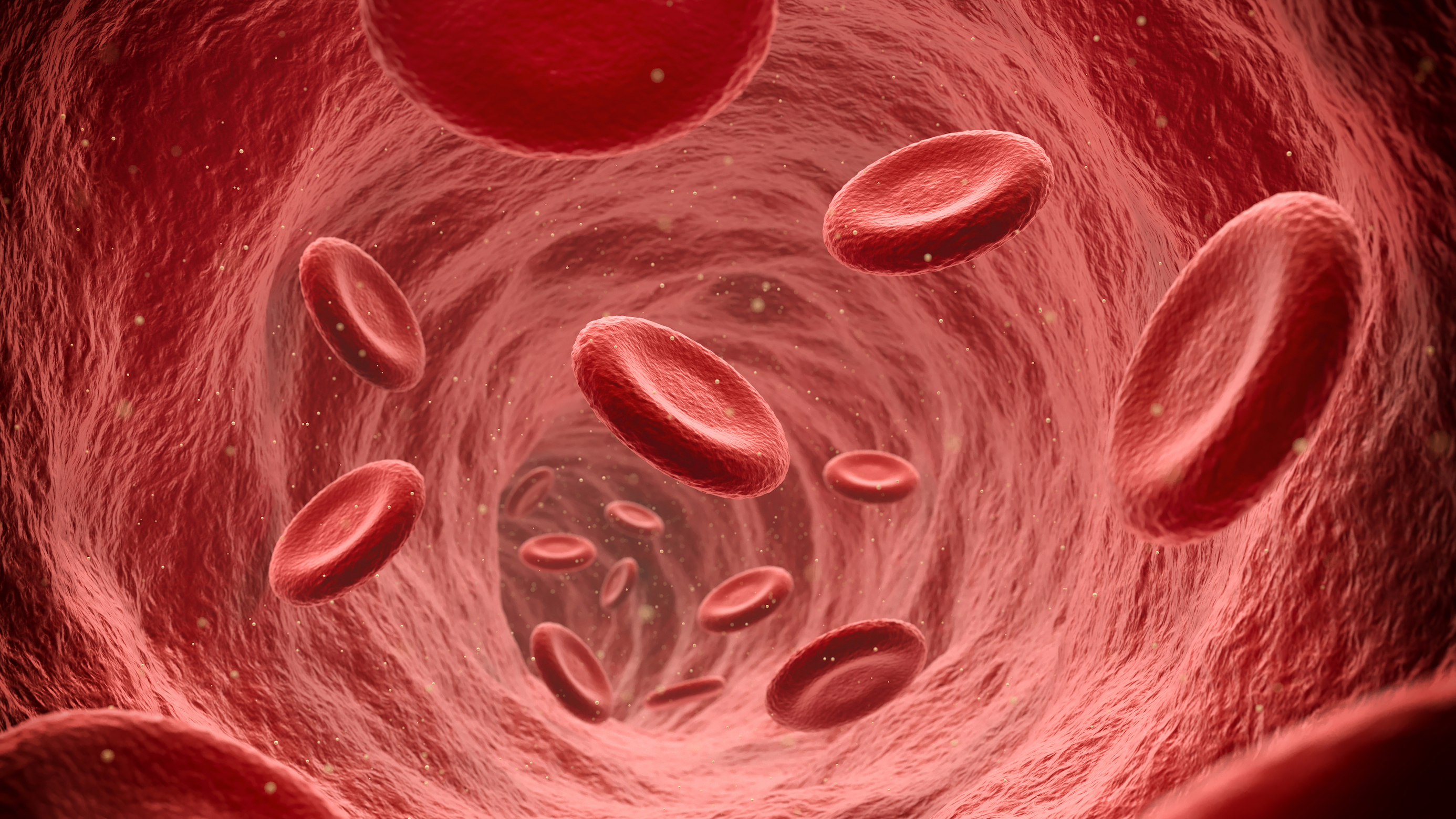
Health & Medicine
The dark side of electronic medical records

In what could be a new pathway for drug therapies to treat hypertension, a team of brain researchers have discovered that zinc plays a key role in lowering blood pressure
Published 1 June 2021
Your movements, your thoughts, the constant operation of your organs – it all depends on your arteries channelling oxygen-rich blood to where it’s needed, releasing energy to fuel every function of your body.
And it all happens in controlled precision without you needing to think about it.
The smooth muscle around your arteries and other blood vessels expands and contracts to help keep your blood flowing efficiently.

As the muscles contract, they narrow the artery and increase the blood pressure, and as the muscle relaxes, the artery expands and blood pressure falls.
If the blood pressure is too low the blood flow won’t be enough to sustain your body with oxygen and nutrients. Too much blood pressure and blood vessels risk being damaged or even ruptured.

Health & Medicine
The dark side of electronic medical records
Understanding how this works is incredibly important for a host of cardiovascular diseases – diseases of the heart and blood circulation system – including angina and stroke. High blood pressure, or hypertension, is the leading modifiable risk factor for cardiovascular diseases and premature death worldwide.
We know already that the metals, potassium and calcium are important in regulating how blood vessels expand and contract, but our new research published in Nature Communications shows the importance of another metal that is abundant in our cells – zinc.
The discovery creates a potential new pathway for developing treatments for a range of cardiovascular diseases.
Fundamental discoveries going back more than 60 years have established that the levels of the calcium and potassium in the muscle surrounding blood vessels control how they expand and contract.

Potassium regulates calcium in the muscle, and it is calcium which has been well studied and recognised for causing the narrowing of the arteries and veins that elevate blood pressure and restrict blood flow.
Other cells that surround the blood vessel, including endothelial cells and sensory nerves, also regulate the calcium and potassium within the muscle of the artery, and are themselves regulated by the levels of these metals contained within them.

Health & Medicine
How do we overcome two global health pandemics?
This biology is well established, and many drugs have been based on this understanding, including several of the most successful drugs in history in preventing disease and prolonging life.
For instance, amlodipine, which blocks calcium channels in the muscle of the artery, is one of the most commonly prescribed agents for hypertension.
Our discovery that zinc is also important was serendipitous because we’d been researching the brain, not blood pressure. We were investigating the impact of zinc-based drugs on brain function in Alzheimer’s disease when we noticed a pronounced and unexpected decrease in blood pressure in mouse models treated with the drugs.
In collaboration with researchers at the University of Vermont in the USA and TEDA International Cardiovascular Hospital in China, we spent several years working on an explanation for this early finding.

Eventually, our work showed that coordinated action by zinc within sensory nerves, endothelial cells and the muscle of arteries, triggers lower calcium levels in the muscle of the blood vessel. This makes the vessel relax, decreasing blood pressure and increasing blood flow.
Essentially, zinc has the opposite effect to calcium on blood flow and pressure.

Health & Medicine
Web-based exercise program improves knee arthritis therapy
Interestingly, we found that blood vessels in the brain and the heart were more sensitive to zinc than blood vessels in other areas of the body – an observation that warrants further research.
Zinc is an important metal ion (particle) in biology and, given that calcium and potassium are famous for controlling blood flow and pressure, it’s surprising that the role of zinc hasn’t previously been appreciated.
More surprising still, genes that control zinc levels within cells are known to be associated with cardiovascular diseases including hypertension, and hypertension is also a known side effect of zinc deficiency. Our new research now provides explanations for these previously known associations.
The importance of these findings goes beyond explaining these prior associations by introducing several compounds that decrease or increase blood flow and pressure.

New drugs could perhaps be developed that target zinc in other ways, similar to how a range of drugs was developed as we began to understand the role of calcium in blood pressure regulation.
Unfortunately, it isn’t as simple as eating more zinc in your diet, because the zinc that makes it into your blood must be transported into your blood vessel cells in a highly regulated process.

Health & Medicine
Finding an ‘early warning’ for preeclampsia
But, there are compounds that can trick cells to increase or decrease their zinc levels, and these compounds might be the basis for new therapeutic drugs.
While there are a range of existing drugs that are available to lower blood pressure, many people develop resistance to them, and new zinc-based drugs may provide new opportunities for these patients.
There are also a range of cardiovascular diseases which are poorly treated by currently available drugs, including pulmonary hypertension, where zinc-based drugs may warrant investigation.
New zinc-based blood pressure drugs would be a huge outcome for an accidental discovery, reminding us that in research it isn’t just about looking for something specific, but also about just looking.
Banner: Getty Images